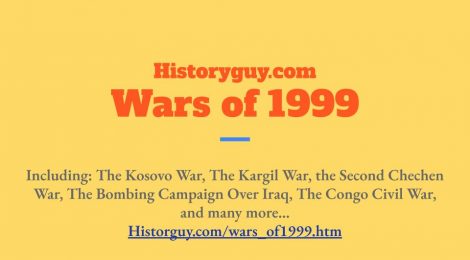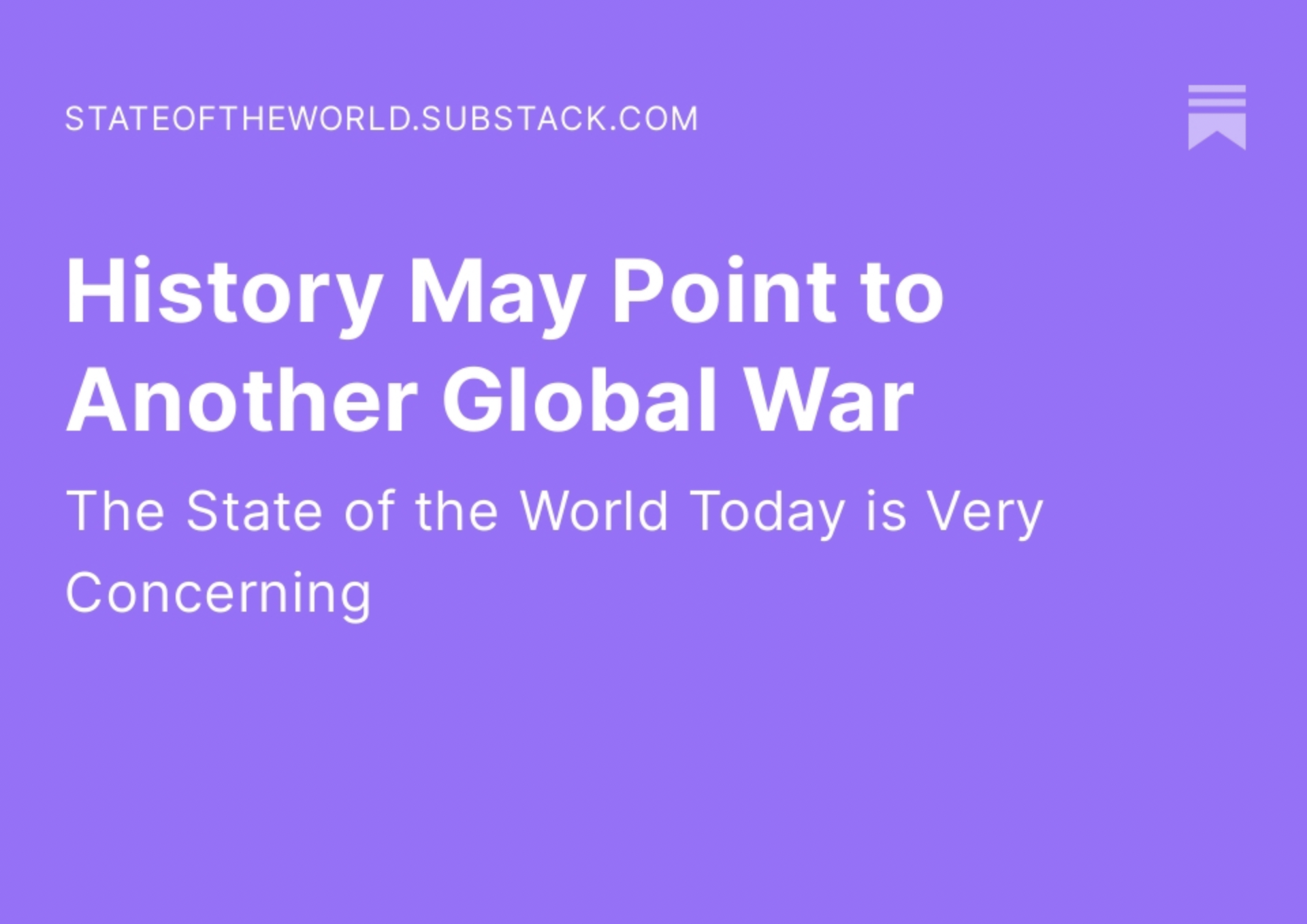
Wars of 1999 -Commentary and Analysis
Wars of 1999 -Commentary and Analysis
This year, 2019, is the 20th anniversary of a fairly large number of wars and conflicts that ended up being pretty significant in terms of their impact down the line. This is one of the interesting things about history: the long-range impact of an event is not necessarily understood fully until time has passed and the ramifications of what happened twenty years ago can be more fully seen.
That is the case with the wars and conflicts of 1999. We can look at several major wars from that year that have had deep impacts on regional or even world history and politics with the hindsight that comes from looking back from two decades of insight.
For our money, the biggest impact of a series of conflicts from 1999 revolve in some way around Russia and the rise of Vladimir Putin to power. A little back-story here: In late 1991, the Soviet Union fell apart, with Russia a much weaker nation. That weakness was seen and felt among Russians in particular in how Russia related to America and the NATO allies, and in what happened in Chechnya, a largely Muslim region of south Russia.
With the fall of the Soviet Union, Russian economic and military power fell, and Russians felt humiliated and shamed that they had “lost” the Cold War and America was now the pre-eminent power in the world. Add to this the fact that the Russian military was defeated by a group of rebels in Chechnya in the First Chechen War (1994-1996), which resulted in a brief period of Chechen independence. Then, in 1999, America and NATO intervened in the Kosovo war against Russia’s traditional ally and protege, Serbia. Despite Russian diplomatic efforts and protests, NATO forced the Serbs to give up power in Kosovo. Russia briefly rallied, sending 200 troops to occupy Pristina Airport in Kosovo after the cease-fire took effect, causing a major military and diplomatic standoff, but despite this, Russia’s Serbian ally lost Kosovo.
Fast forward a few months, to August, 1999, and Russian President Boris Yeltsin appoints Vladimir Putin as Prime Minister. Soon after, Chechen forces the neighboring southern Russian region of Dagestan to aid local Dagestani Muslim rebels. Russian troops respond and force the Muslim forces back into Chechnya. While this is happening, terrorist bombings hit three Russian cities, destroying several apartment blocks, killing more than 300 and wounding 800. Chechen rebels were blamed.
Prime Minister Putin decided to invade Chechnya to end the de facto independence of the rebel region, and on October 1, 1999, Russian forces invade Chechnya, launching the Second Chechen War. This time, the Russians, through the heavy use of force, occupy the capital city of Grozny, and drive the rebels out of the cities. The war would continue for another ten years, as a guerrilla conflict, and Chechen rebels would continue to launch terrorist attacks in the heart of Russia, but Putin’s bold use of force paid off for his government. Putin’s popularity grew as a result of his forceful actions, and he became the President of Russia in December, 1999. The combination of Russian frustration over Kosovo, along with the wars in Dagestan and Chechnya, helped launch Putin’s rise to power and his continued drive to make Russia great again. Today, we see a Russia that has seized the Ukrainian region of Crimea, has won a short war against Georgia, and has launched a largely successful military intervention in Syria. Russia continues to expand militarily, and openly challenges America and other Western nations.
Other wars in 1999 still resonate today. India and Pakistan fought a short, sharp war in the mountainous Kargil area of Kashmir. While that specific war ended, the two nuclear-powered enemies still face off on the Kashmir frontier, and the threat of another major war between them is ever present. In 2019, India and Pakistan fought another short war along the Kashmir border.
In addition to the Kosovo War, America and the United Kingdom also engaged in another air war over Iraq in this time period. Largely ignored as a conflict today, the No-Fly Zone War over Iraq had, by 1999, (and into 2003) turned into an almost daily or weekly tit-for-tat scenario, where Iraqi defense forces would fire at American and British planes (who were enforcing the no-fly zones set up after the 1991 Gulf War) and in response, the allied planes would launch bombing attacks on the Iraqi defense installations. Also, while all that was going on, the West continued very strong economic sanctions on Iraq. The conflict would continue in this manner until the 2003 invasion of Iraq would bring down the regime of Saddam Hussein.
A multitude of African wars continued to grind on that largely had begun prior to 1999, but had far-reaching consequences. In the bloody border war between Ethiopia and Eritrea, while major fighting ended in 2000, led to a long period of quiet hostility, where Eritrea supported Muslim rebels inside Ethiopia, while also aiding (according to Ethiopian claims) anti-Ethiopian forces in Somalia. This war officially ended only in 2019 with an official peace treaty.
In Congo, the largest modern African war was raging in 1999, and it would eventually result in millions of deaths, and draw in at least seven other African nations and a multitude of armed groups in what has become known as Africa’s World War.
And, in perhaps the most significant conflict going on in 1999 for America’s future (other than the Iraq wars), was the ongoing civil war in Afghanistan. By 1999, the Jihadist Taliban had been in control over control of the government for several years, and, aided by Osama bin Laden’s al-Qaida forces, was waging a war against an Afghan faction called the Northern Alliance, which had Western (i.e. American) backing. Remember that in 1998, the U.S. had launched air strikes on al-Qaida bases in Afghanistan in retaliation for terrorist bombings of American embassies in Africa that had killed several hundred people. We now know that bin Laden was plotting his 9/11 attacks on America.
The many wars of 1999, while significant at that time, have had measurably significant impacts on history in shaping the world we live in today. When looking at events occurring today, we can only wonder what consequences these events may bring in the future.
.
